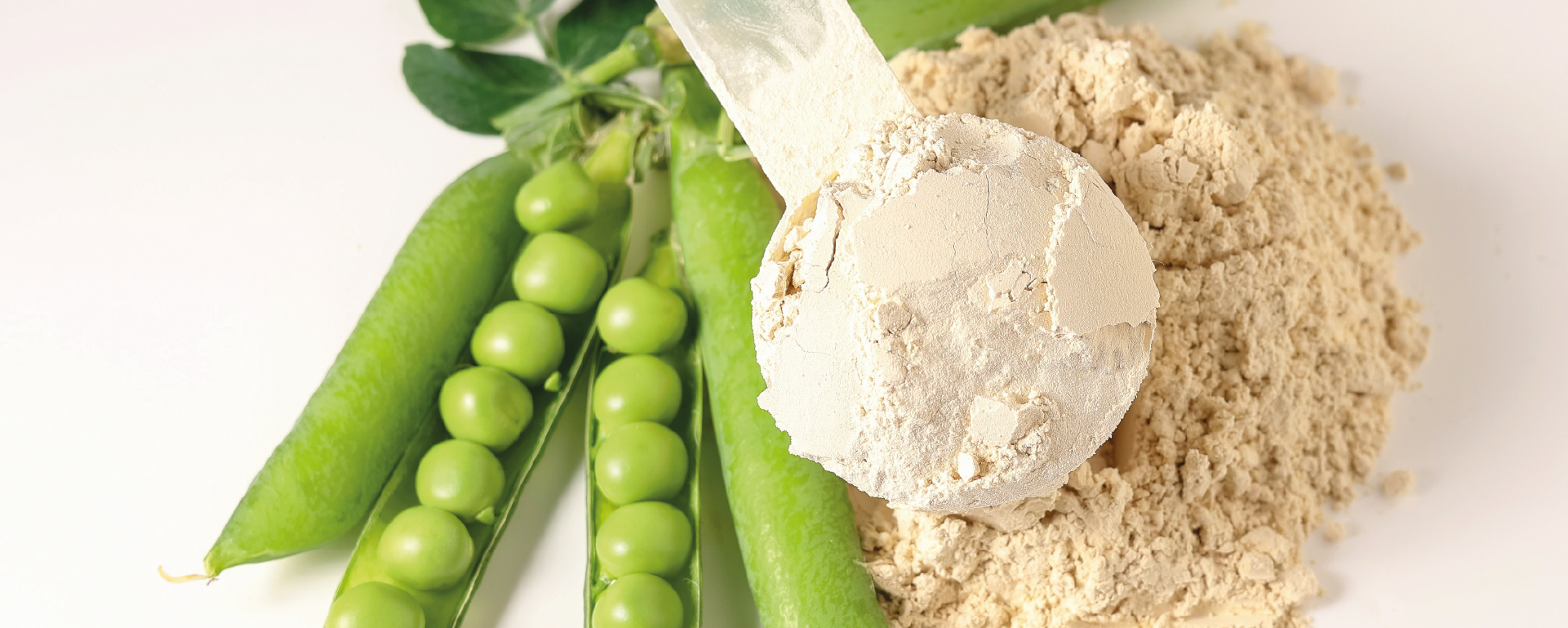WHITEPAPER


Plant-based proteins like soy and pea are becoming popular alternatives to animal proteins, but ensuring quality and accurate labelling remains challenging. While these proteins offer sustainability benefits, they differ significantly in quality, allergenicity, and actual content. Current protein analysis methods require sending samples to laboratories for lengthy testing, making regular quality checks onerous and expensive.
Clear distinction between soy and pea proteins even when mixed in complex food matrices
Reliable protein quantification allowing quality teams to assess low-level protein additions that traditional methods may miss
Rapid analysis that works across different food matrices even when trained on limited samples from different product formulations
By enabling faster, more accessible protein analysis, manufacturers can better verify product claims and ensure consistent quality in plant-based foods. ProfilePrint helps bridge the gap between growing demand for alternative proteins and the need for reliable quality control.
Learn more in the white paper.
(Available in English)
Having trouble accessing the download? Email us at [email protected] and we’ll send the document directly to you.